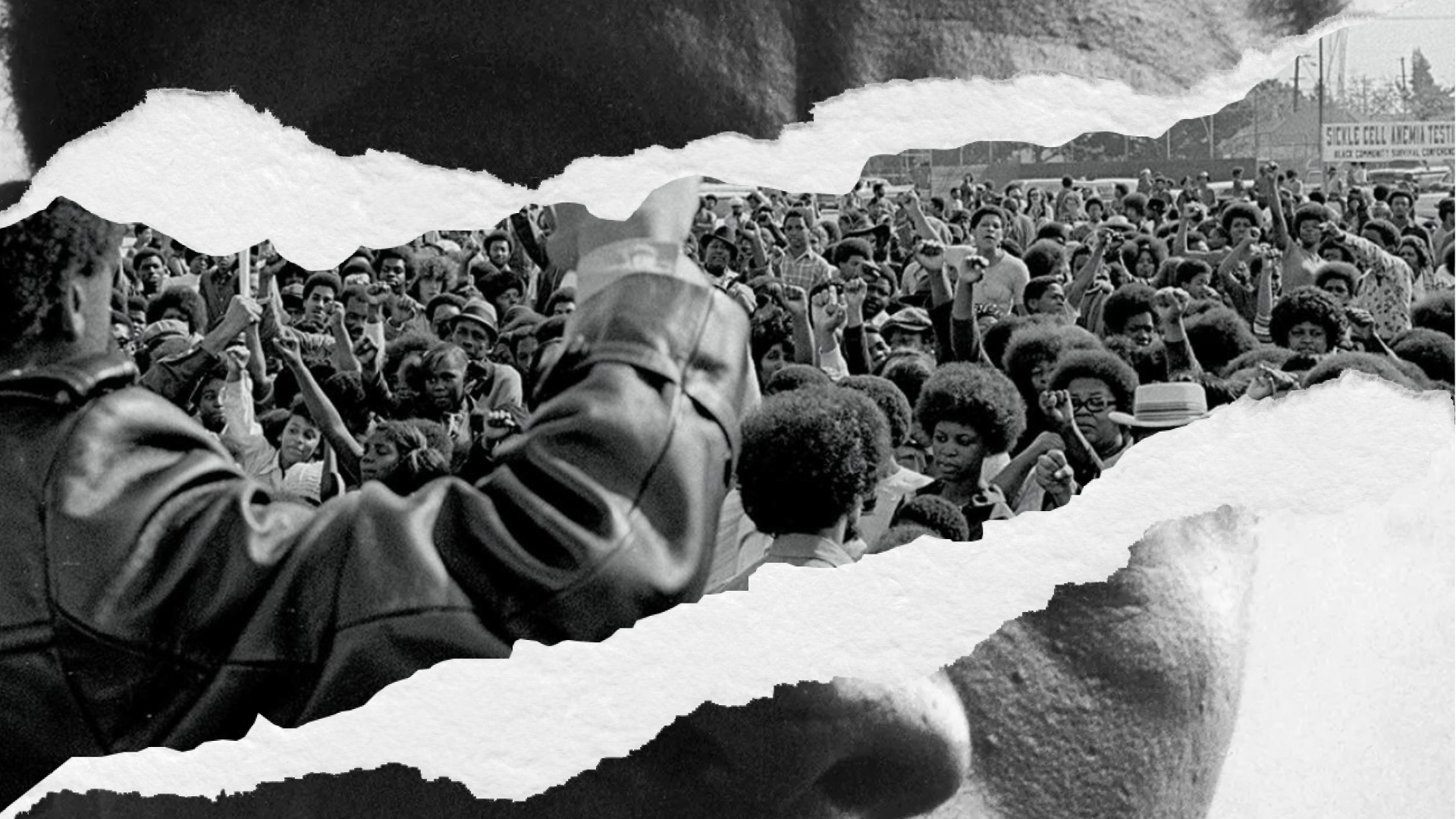A new study by Dr. Rob Geist Pinfold, Clive Jones, and Anoushiravan Ehteshami, published in Global Policy, examines how Iran and Israel’s long-standing rivalry has driven the Middle East toward an increasingly dangerous cycle of escalation. The research reveals a surprising role reversal: Israel, traditionally a status quo power, has become the region’s leading revisionist force, seeking to reshape the regional order after the October 7 attacks, while Iran is now on the defensive, aiming to preserve its diminishing influence.
PRCP Annual Conference
The event will take place on April 11, 2025 at the Faculty of Law, Charles University (nám. Curieových 901/7, Prague 1). We are excited to welcome you to our Annual Conference, where we will explore the implications of a new Trump era for Europe. To attend, please register by filling out the form here.
Keynote Speaker: Steve Brooks (Dartmouth College)
We’re excited to see you at the conference!
New publication: Adopted or contested? Examining Israel’s strategic narratives in German media
This study by Tereza Plíštilová and Zuzana Lizcová explores how German media responded to Israel’s strategic narratives during Russia’s 2022 invasion of Ukraine. While narratives linked to Holocaust remembrance were accepted, Israel’s democratic identity and security concerns faced skepticism. Media receptiveness improved when Israel engaged diplomatically, highlighting the role of historical ties and proactive diplomacy in shaping narrative adoption.
New publication: Myth Busting in a Post-Assad Syria
This new study by Dr. Rob Geist Pinfold challenges common misconceptions about Syria’s post-Assad landscape, highlighting the complex power dynamics at play. It reveals that the opposition is highly fragmented and that Assad’s fall was as much a political shift as a military defeat. Despite claims of their diminished influence, Russia and Iran remain deeply embedded in Syria. The study warns against oversimplifications in policymaking and advocates for cautious international engagement.
Invitation: Screening of "I'm not your Negro"
We are delighted to invite you to the screening of the movie “I’m not your Negro”, organised by the PRCP and the Department of North American Studies, FSV UK. The event will take place on March 20th, 17:30 at Hollar (FSV UK building), room no. 014. Register here.
Annual Review 2024
We are happy to present our Annual Review of 2024! The document summarizes all of our highlights from last year, including publications, policy briefs, research grants, events and public outreach.
Policy Brief #026
Matouš Horčička’s new policy brief analyzes Iran's shifting geopolitical strategy following a turbulent 2024 marked by domestic instability and international setbacks. He highlights how Iran's weakened position opens a strategic window for Western diplomats to influence Tehran’s future direction and reduce its reliance on Russia and China. The brief explores potential diplomatic approaches to engage Iran and prevent further regional escalation.
Working paper #003
This working paper written by Robin E. Möser and Michal Onderco examines how African civil society can strengthen its role in global nuclear disarmament debates. It identifies three main barriers: restrictive visa policies, exclusionary expert language, and lack of funding. The authors propose hosting events in accessible locations, simplifying technical jargon, and providing financial support to enhance inclusivity and amplify African voices in nuclear policy discussions.


